Half dead plants from freeze what to do?
lesdvs9
17 years ago
Related Stories
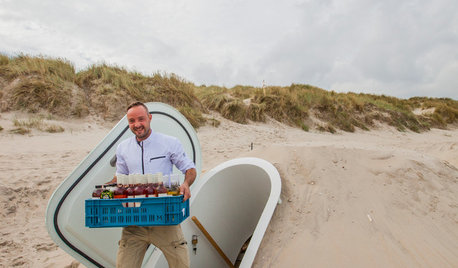
GREEN BUILDINGThe Big Freeze: Inventors Break New Ground to Keep Things Cool
Old-fashioned fridges can be energy guzzlers, but there are more eco-friendly ways of keeping food fresh, as these global innovations show
Full Story
DECORATING GUIDES12 Deadly Decorating Sins
Are your room designs suffering from a few old habits? It may be time to change your ways
Full Story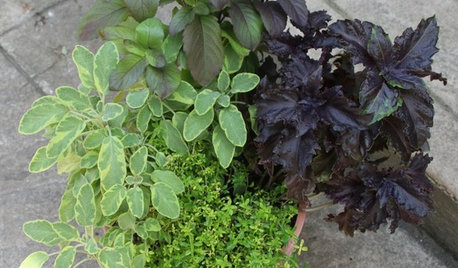
CONTAINER GARDENS8 Easy Container Plants to Grow From Seed
Get beautiful blooms and herbs in summer by starting these choice garden picks from seed in spring
Full Story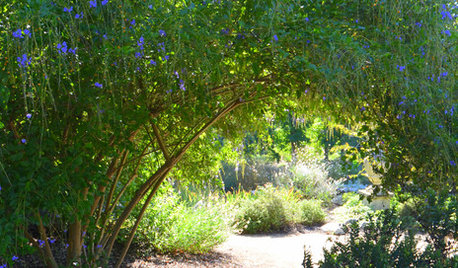
FLOWERS AND PLANTSHeat-Loving Duranta Erecta Blooms From Spring Into Early Fall
Golden dewdrops, a versatile tropical shrub, has delicate purple and white blossoms
Full Story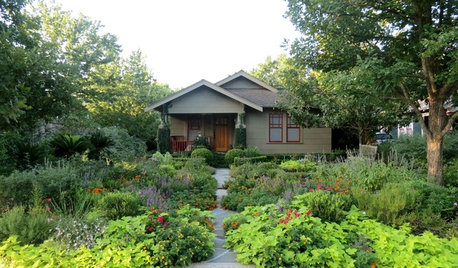
GARDENING GUIDES3 Ideas From the Evolving Garden
Life isn't predictable and neither is nature — and that's perfectly wonderful
Full Story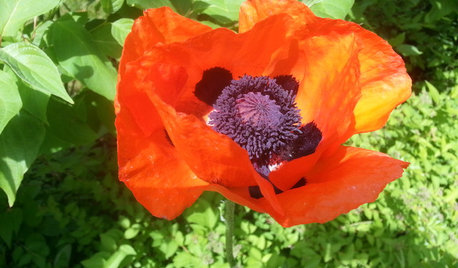
GARDENING GUIDESBeautiful Flowers and Foliage From Dedicated Backyard Gardeners
From lawn daisies to topiaries, Houzz users share their backyard beauties
Full Story
DECORATING GUIDES10 Design Tips Learned From the Worst Advice Ever
If these Houzzers’ tales don’t bolster the courage of your design convictions, nothing will
Full Story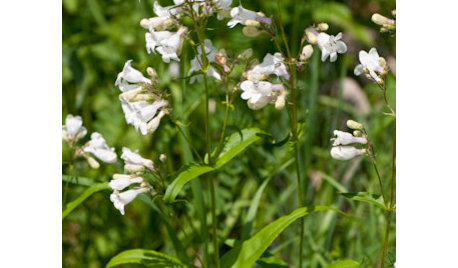
GARDENING GUIDESGreat Design Plant: Try Penstemon Digitalis for Showy White Blooms
Bees gather nectar from this North American native while you’ll appreciate its unthirsty nature and soil tolerance
Full Story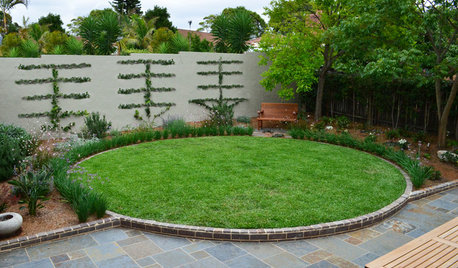
GARDENING GUIDESSmall Gem Lawns: More Impact From Less Grass
Instead of letting the lawn sprawl, make it a shapely design element in your yard. You’ll reap benefits both practical and aesthetic
Full Story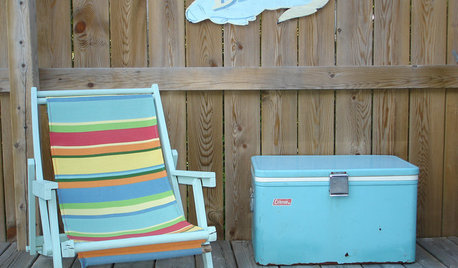
FUN HOUZZDon’t Be a Stickybeak — and Other Home-Related Lingo From Abroad
Need to hire a contractor or buy a certain piece of furniture in the U.K. or Australia? Keep this guide at hand
Full Story





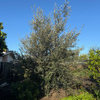
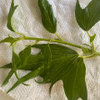
wanda
bahia
Related Professionals
Arlington Landscape Architects & Landscape Designers · Forest Park Landscape Architects & Landscape Designers · Emmaus Landscape Contractors · Flagstaff Landscape Contractors · Hicksville Landscape Contractors · Indio Landscape Contractors · Manhattan Landscape Contractors · Mastic Beach Landscape Contractors · Mesa Landscape Contractors · New Providence Landscape Contractors · Siloam Springs Landscape Contractors · Crowley Landscape Contractors · Compton Window Contractors · Conyers Window Contractors · Emeryville Window ContractorsCA Kate z9
lesdvs9Original Author
kerrican2001
lesdvs9Original Author
CA Kate z9
lesdvs9Original Author
napapen
lesdvs9Original Author
kerrican2001
eureka
lesdvs9Original Author
napapen
bfreeman_sunset20
napapen
kerrican2001
bejay9_10
CA Kate z9
wanda
bfreeman_sunset20
kerrican2001
wanda
calistoga_al ca 15 usda 9
martell_labridge_com